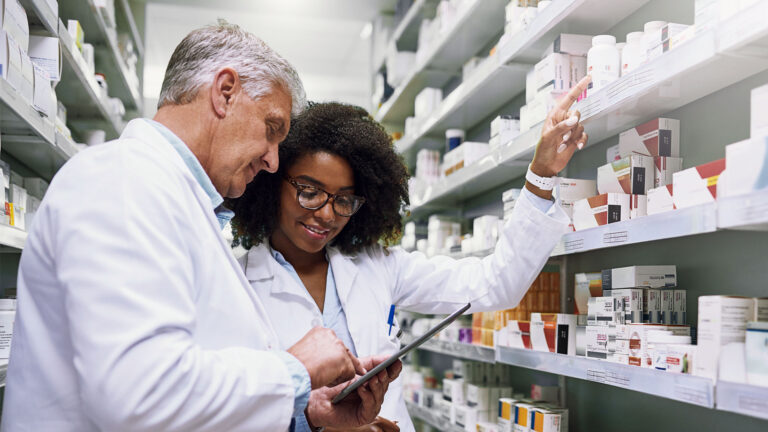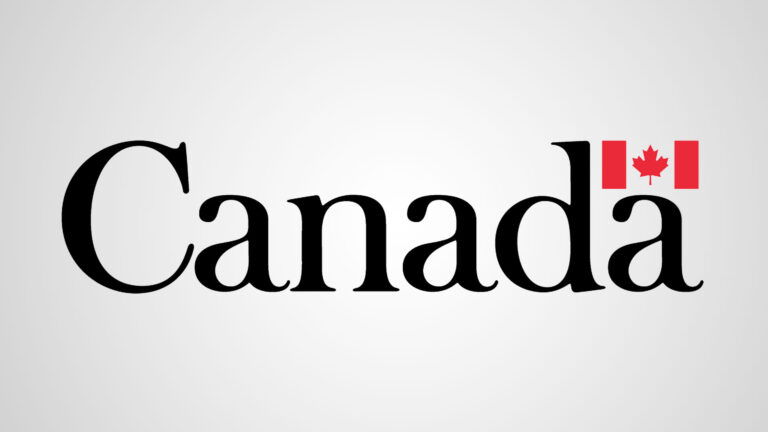For Spruce Grove’s Alex Stepanov, a recent trip to Washington, D.C. to help his mom at her new home became hazardous.
“Her backyard was full of trees and bush,” Alex remembered. “My brother and I cleared about 3,000 square feet of bush. My brother ended up getting a tick buried in his leg, but that tick tested negative for Lyme disease. For me, I didn’t know that I got bitten by anything.”
Alex discovered at the time the bush was full of poison ivy, so he wasn’t surprised when he soon developed a rash on his arms and legs. But upon his return home, Alex’s rash had spread across his back and abdomen. Trips to the emergency department and a family doctor confirmed what he had first thought: poison ivy. However, the Prednisone he was prescribed only made the matter worse. Alex and his wife Alyssa consulted another family physician, who also believed it was a case of poison ivy.
Finally, Alyssa visited the Loblaw pharmacy adjacent to the family physician’s office and showed pharmacist Mohamed Ali some photos of her husband’s condition.
“I didn’t think it was an allergic reaction or dermatitis or poison ivy. I believed it might be Lyme disease,” said Mohamed. “I went to have a conversation with the doctor at the medical clinic next to our pharmacy.”
Mohamed shared his assessment and collaborated with the physician to prescribe an antibiotic. However, when they returned to the pharmacy, Mohamed noticed the dose wasn’t appropriate for Alex’s condition.
“I took the prescription, went back to the doctor again, had another conversation with him, and we fixed the prescription and dispensed it,” Mohamed said. “When I followed up with Alex later, everything was great.”
Mohamed believes this is just one example of what pharmacists can do if they take the time to develop relationships, listen to their patients, and consider all the options.
“We must give our patients one-to-one interactions all the time,” Mohamed said. “They trust us. Alyssa was grateful, but I told her that we are here for them. It makes my day to know that I helped someone through a difficult time. I would do that again and again to make sure someone is okay.”
Developing relationships with physicians is equally important, according to Mohamed. It’s something he’s worked hard to establish in his practice.
“They listen to us,” Mohamed said of the physicians down the hall. “They sometimes refer patients to us, if they don’t have room for walk-ins. They know there are prescriber pharmacists here who can help with minor conditions. We try to have a mutual respect. We talk to each other all the time. We can actually walk to the clinic, sit down with the doctor, and research some options.”
Mohamed’s passion for pharmacy and his patients was developed in his native Egypt and comes from the satisfaction he feels when he’s made a difference for someone.
“It’s the modern way of doing pharmacy. It’s not just about filling prescriptions and counting pills anymore,” he said. “I don’t feel like I have accomplished anything unless I make a connection with my patients. I encourage my patients to speak with me. I listen. And I come up with a plan to help them out. I don’t have to do it. I want to do it.”
And that effort is appreciated.
“Thank you to Mohamed,” said Alyssa. “Thank you very much for taking the time to listen to me and being our advocate. Having him on our side helped us get what we needed.”
Originally published in the October 25, 2017, issue of The Link




